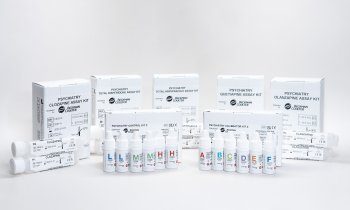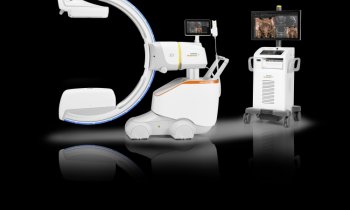Source: Unsplash/Artur Łuczka
News • Every step you take
Activity tracker predicts hospital stays after surgery
A new Cedars-Sinai study shows that using Fitbit activity monitors to measure steps taken in the days after surgery can predict which patients leave the hospital sooner.
The study of 100 patients, led by Timothy Daskivich, MD, director of Health Services Research for the Cedars-Sinai Department of Surgery, showed that each step taken towards 1,000 steps the day after surgery resulted in significantly lower odds of a prolonged hospital stay. The study, published in the February issue of JAMA Network Open, found that for every 100 steps taken, the patient decreased their length of stay by 4 percent. “We measure everything about our patients – whether it’s heart rate, blood pressure, etc. – but nowhere do we measure steps, even though we know steps are so important for a patient’s wellbeing,” said the study’s senior author, Brennan Spiegel, MD, director of the Center for Outcomes Research and Education. “Now we have the ability to do so.”
We’re operationalizing this pop culture tech device for a real clinical purpose in the hospital
Timothy Daskivich
Patient Clem Billingsly underwent a procedure to remove a growth on his kidney. The next day, he received the hospital Fitbit. Billingsly is a Fitbit user at home and found it very simple to log in and to connect the information to his hospital TV screen. “It motivated me to get out my bed and get up and simply walk so I can see the results,” said Billingsly. Results like this inspired the research team to display patients’ Fitbit data, along with walking goals and progress, on their in-room televisions to help motivate them to increase their steps.
The study provides a strong rationale for using devices such as Fitbits in the postoperative clinical setting, said Daskivich. He said it gives healthcare workers a precise way to monitor patient step counts and quickly know if a patient is recovering well. Daskivich and his team are currently investigating whether use of these devices can increase step counts and reduce length of stay in a randomized controlled trial at Cedars-Sinai. “We’re operationalizing this pop culture tech device for a real clinical purpose in the hospital, and using rigorous science to guide the process. We think it’s exciting and patients are responding to it,” says Daskivich.
Source: Cedars-Sinai
07.02.2019











